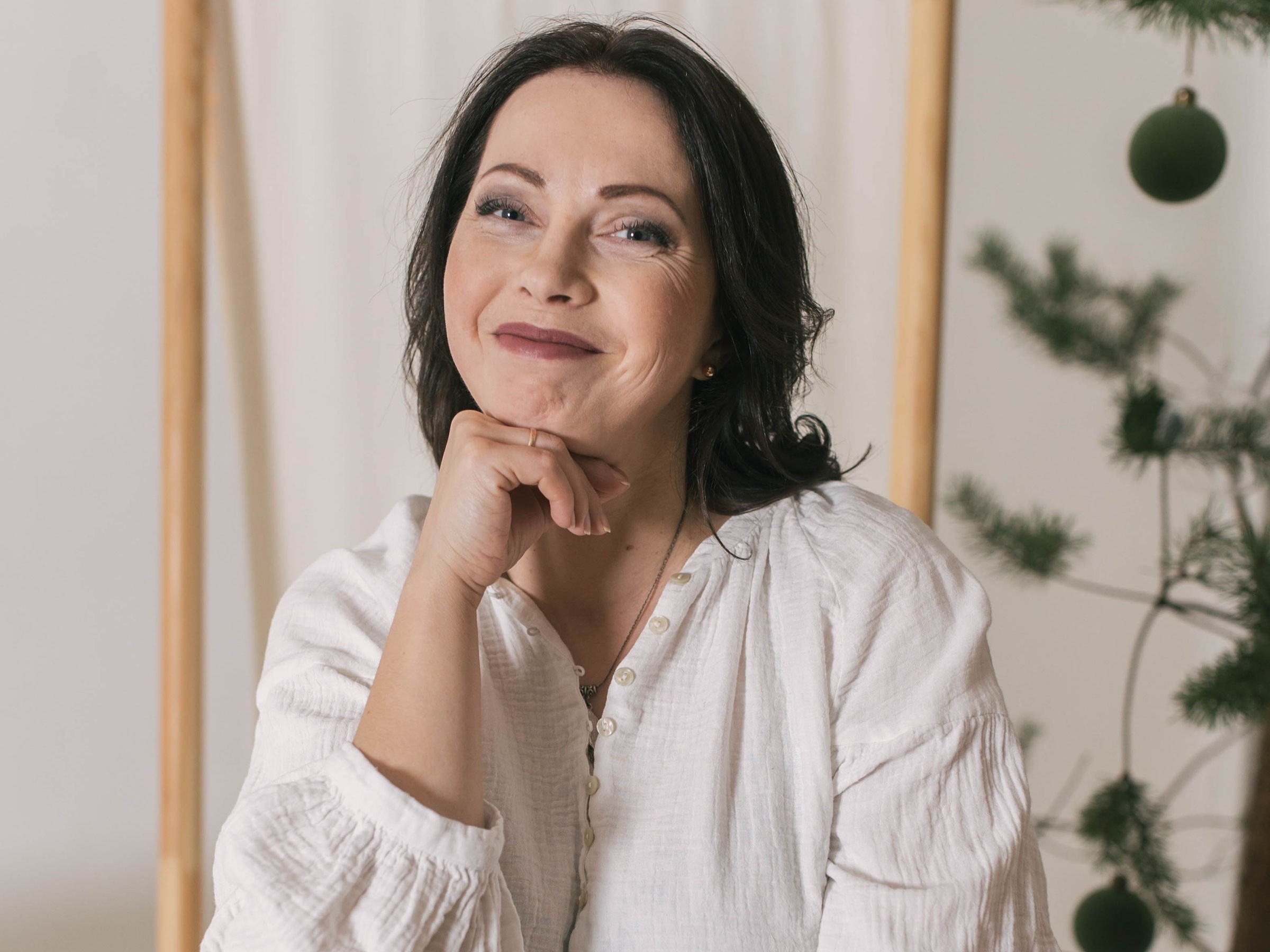
See you in person! The course will take place every Thursday evening from 16 November to 25 January at the Idärto Centre, 91 Čaka Street, Riga: https://forms.gle/MBRnHwiFzdnLscKL9
Some feedback from previous participants:
If you want to think about the various topics of child rearing that arise more unconsciously in everyday life, then I recommend taking Elīna's BEA course. It gave me a greater understanding of my own child, his needs and that a lot of what society accepts as "bad" is just normal and how to respond to it in a calm, reasonable, respectful way. Elina was very pleasant and calm and through examples and suggestions she told supportive ways of raising a child. I can see and feel that everything worked out for us - we can talk a lot and we are able to translate the "niceties" more accurately as elementary everyday moments.
A very great presenter with a fantastic sense of humour! The lessons were in a relaxed atmosphere with a good after-feel🙂 So positive!
The Emotional Education of the Child programme is aimed at parents with young children in the pre-school years, i.e. children up to 7 years of age. This programme is designed to help change children's behaviour and have a deeper impact on their emotional level and personal development. It encourages parents to discover and understand their own early childhood experiences. The programme provides information on the stages of development and the tasks a child needs to complete in order to grow into a happy, emotionally fulfilled person. Principles that promote emotional development are developed, together with concrete techniques.
The programme describes ten factors that play an important role in a child's emotional upbringing:
The BEA programme is mainly adapted from the Canadian book Pathways to Competence. The programme was created in 2004 by psychologists Edith Ozol and Sarah Lundy.
Some abilities that develop in the first six years of life are critical because they lay the foundations for further development. These early capacities are like the roots from which a tree will later grow. If any of these critical capacities develop incompletely, further development is limited. The BEA programme describes ten steps that are important in the emotional upbringing of a child.
Children's development is determined by a complex interaction between hereditary factors and the environment. Even if a child has a congenital disorder, the relationship with the parents can influence the child's development and resilience. A child feels safer when parents are empathetic, supportive and have positive feelings towards the child, when parents are available and attentive. Secure attachment and emotional competence in the child will develop mainly if parents understand the child's needs and know how to meet them, and accept that the child must grow up to be independent and autonomous.
The main goal is to help parents raise emotionally healthy and capable children.
WHEREAS: THURSDAY evenings 18:30-21:00
WHERE: In the centre of Idärto, Riga, 91 Čaka Street (opposite Ziedoņdārzs).
CIK: €350
You can pay the whole amount at once when you register, or €129 when you register and then €129 in December and January. To register for the course, at least the first payment of 129€ must be made.
WHAT is included in the price?
Application form here: https://forms.gle/MBRnHwiFzdnLscKL9
